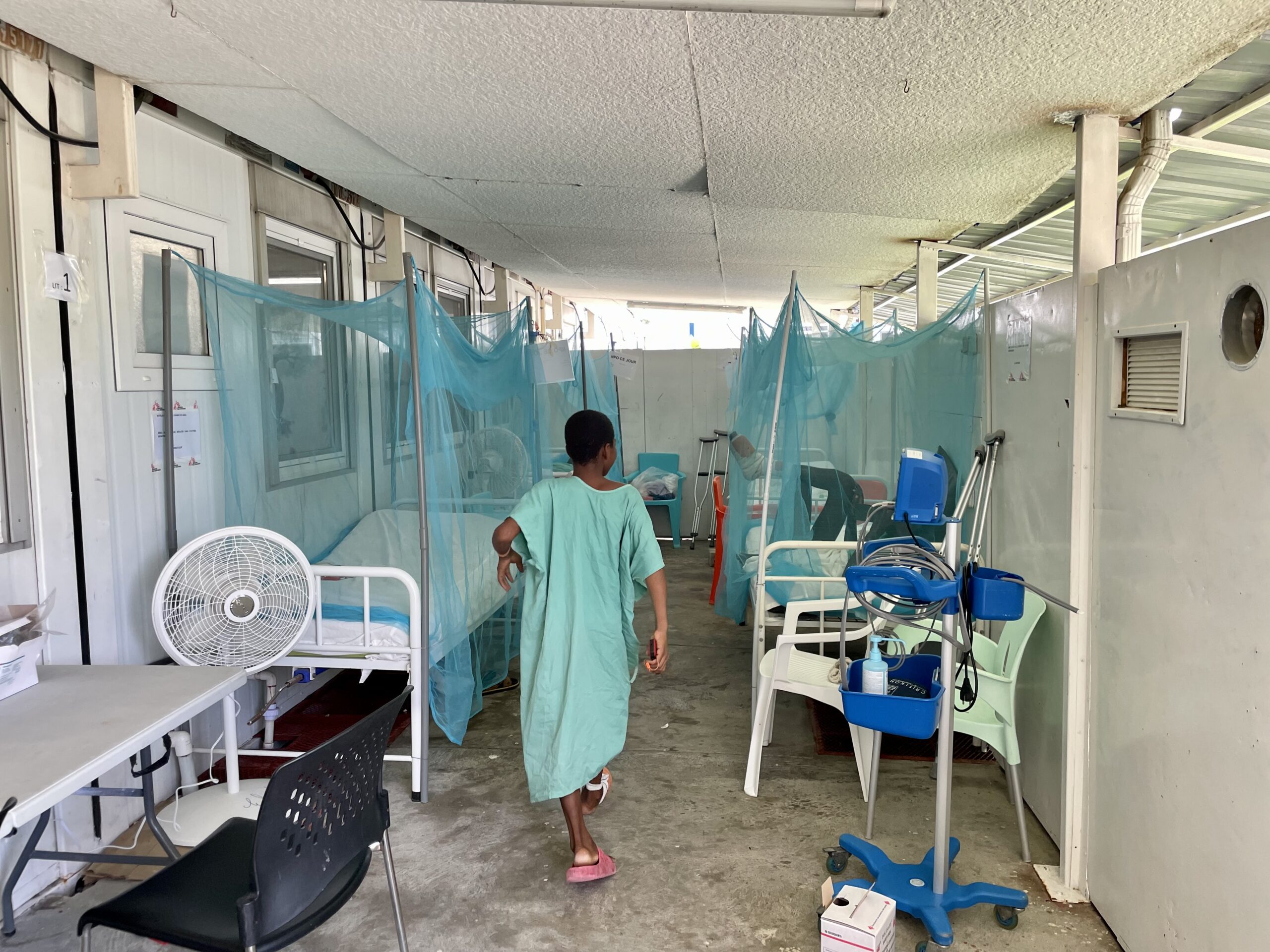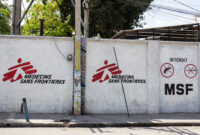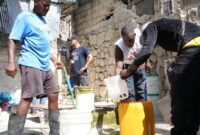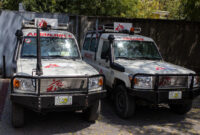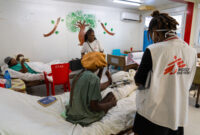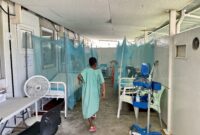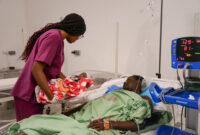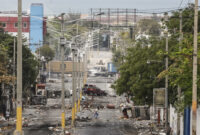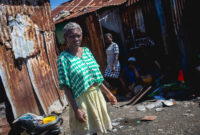Haiti: MSF trauma hospital in Port-au-Prince nears limits
Armed groups escalate attacks, pushing Tabarre hospital to capacity
Port-au-Prince is undergoing an extremely high level of violence as armed groups are coordinating attacks on several areas of the city previously beyond their control. Doctors Without Borders/Médecins Sans Frontières (MSF) is warning that our Tabarre trauma hospital – one of the last in the capital – could reach the limits of its capacity. This would create an even more desperate situation for the city’s residents, whose access to surgical care would be considerably reduced.
Having already increased its capacity by half, Tabarre hospital is under great pressure. With tensions high since February, the hospital is strained by the growing number of seriously injured people requiring treatment. Although the number of trauma beds is officially 50, the hospital regularly has over 70 trauma patients. Beyond the 75-patient limit, it will be virtually impossible to accept new cases.
“The number of seriously injured people has risen steadily over the past four weeks. Nearly 40 per cent of them are women and children,” says Seybou Diarra, doctor and coordinator of MSF’s Tabarre hospital. “We’re already overloaded and we can’t push the walls. We are now creating hospital rooms in the meeting rooms. The medical teams are exhausted and the intensification of violence around the structure complicates the conduct of our activities, as we are located next to areas that are regularly under attack, with a high risk of stray bullets.”
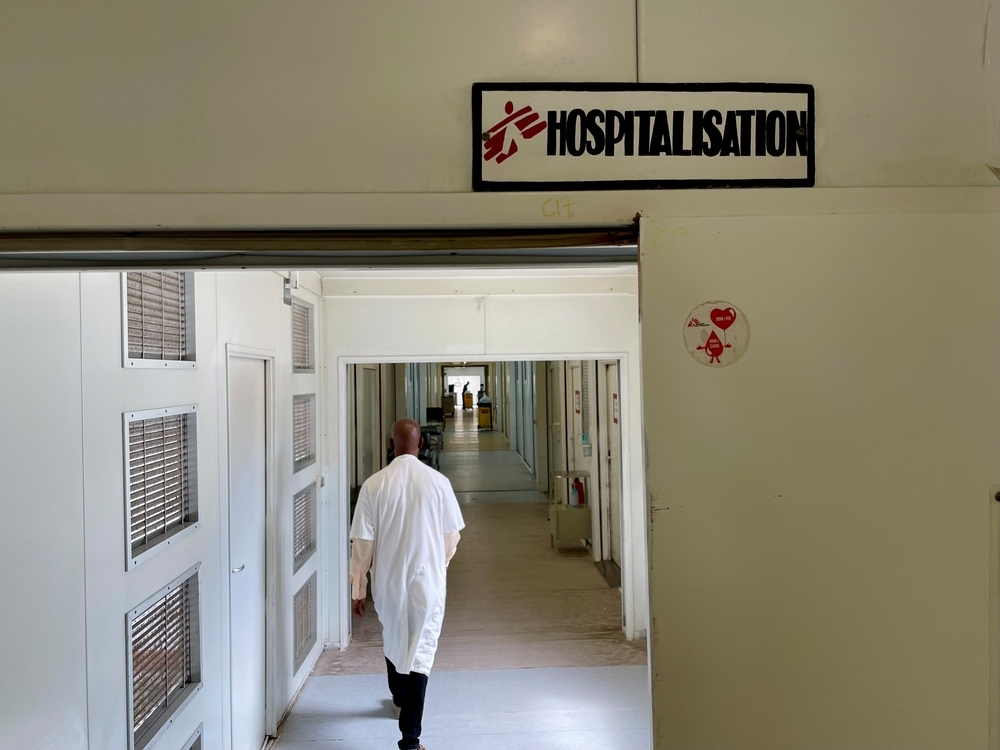
Plagued by years of political instability and an alarming humanitarian situation, Haiti has been experiencing a new upsurge in violence since mid-February as armed groups, united in a single coalition, attempt to increase their control of Port-au-Prince. Fighting is intensifying and the front lines are shifting, squeezing the last remaining districts of the capital.
In this unprecedented context, over 60 per cent of health facilities in Port-au-Prince are closed or non-functional, according to the United Nations’ Office for the Coordination of Humanitarian Affairs. Those that remain open are facing severe shortages of human resources, equipment and specialized services. The Mirebalais University hospital, one of the last hospitals capable of providing trauma care, suspended its activities on April 23 due to insecurity in the area, as it is located on a road now controlled by armed groups. MSF had to suspend its activities at our trauma centre in Carrefour following a security incident in March. The Hôpital Universitaire de la Paix, which remains open, is overloaded. In just one month, the number of hospitals able to treat trauma cases has fallen from four to two.
“It’s becoming increasingly difficult for Haitians to access health facilities, and nearly impossible for those requiring trauma care,” says Diarra. “If the situation doesn’t calm down, I fear that many of the wounded will die for lack of available treatment.”
MSF calls for the protection of civilians and respect for health facilities in combat zones.
Our work in Haiti
For over 30 years, MSF has been responding to the critical medical needs of people at risk in Haiti. In 2024, our teams carried out more than 72,000 consultations, treated 31,500 emergencies,
performed 7,400 surgical procedures and assisted 1,300 births. Present in the most vulnerable areas of Port-au-Prince and beyond, we provide essential care, particularly in trauma, maternal health, sexual and reproductive health, and support for survivors of sexual violence.
